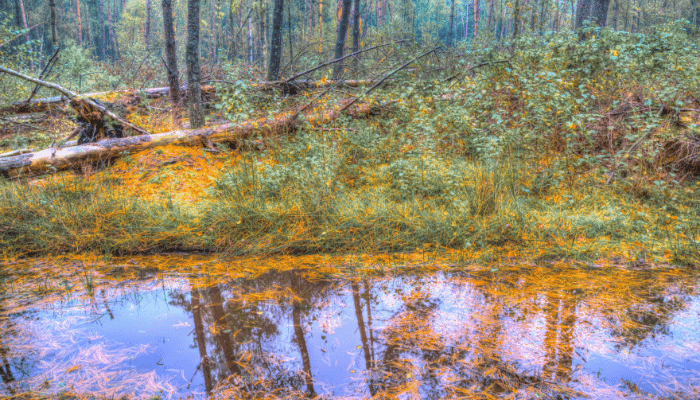The Ministry of Ecological and Solidarity Transition published a
technical note on 6 June 2019 on the revision of areas sensitive to eutrophication.
The revision of these areas is governed by Directive 91/271/EEC on urban waste water treatment.
According to Article 5(6) of the Directive: "Member States shall ensure that the list of sensitive areas is reviewed at least every four years. "The last revision of this list in France dates back to 2015, so it should be updated.
The areas sensitive to eutrophication are:
- natural freshwater lakes, other freshwater bodies, estuaries and coastal waters, which are known to be eutrophic or could become eutrophic in the short term if protective measures are not taken
- surface fresh waters intended for the abstraction of drinking water and which may contain a higher concentration of nitrates than that provided for in the relevant provisions of Council Directive 75/440/EEC on the quality required of surface waters intended for the production of drinking water in the Member States, if measures are not taken.
Eutrophication is the consequence of excessive enrichment in nutrients (nitrogen, phosphorus) leading to abnormal plant development. This phenomenon also depends on flow conditions (flow velocity and sunshine that influence water temperature). The major anthropogenic causes of nutrient enrichment of water bodies are domestic and agricultural pollution.
According to Article R.211-94 of the Environment Code, it is up to the basin coordinating prefects to define the delimitation of these zones after consulting the basin committee.
The corresponding order and data files must be provided by 1 March 2020 at the latest, in order to be published in the Official Journal.
Please note that our laboratory is able to offer you an analytical package that meets the criteria specified in Directive 91/271/EEC on waste water.
For any information, do not hesitate
to contact us.





